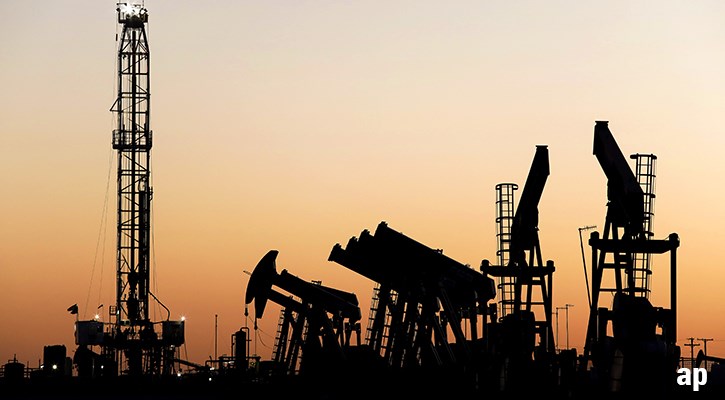
Gareth Hamilton has been investing for around 10 years. He initially started when he was working abroad to generate some extra money, but now says he is mainly savings towards his retirement.
Hamilton is a “buy and hold” investor, so he tries to buy shares or funds that have the potential to deliver over the longer term. Additional fees and costs must be paid when you sell or switch investments, so he would rather go for steady long-term returns rather than short-term gains.
That said, while he does a lot of research into investment picks, he does admit some of his choices are “somewhat random” when he examines his portfolio.
“Sometimes I buy shares of companies I am working for, or with,” he says.
“When it comes to fund holdings I’ve started to think a bit more about environmental and wider ethical issues. I’ve tried to balance my investments accordingly.”
Hamilton prefers making his own investment choices. In the past, some of the poorer investments he has made were the result of what he says was bad financial advice. In particular, he invested in managed funds set up by investment consultants, both of which he says were unsuitable.
“I ended up making losses,” he says.
Tearaway Tesla
By making his own choices, Hamilton says he feels he has more control over where his money is invested. A number of the direct shareholdings he owns have performed well in recent years, and he hopes that they will continue to deliver.
Some of his better performing shares have included the electric car manufacturer Tesla (TSLA), Hermes International (RMS) and Australian Pharmaceutical Industries Ltd (API).
Owning shares in Tesla is not a sure-fire way to becoming an environmental investor. Run by chief executive Elon Musk, the company does face questions about the environmental impact of mining for the rare earth metals — such as cobalt and lithium —widely used in its car batteries.
However, as Hamilton points out, wider adoption of electric cars is likely to drive down global carbon emissions, a key objective of governments and regulators around the world.
It is this trend that has helped send Tesla’s share price soaring. At the start of 2020 shares in this company were just $95.63 before peaking at $1,222.09 in late 2021. The price has since dropped slightly, to around $856, but investors who bought before the pandemic have still seen healthy returns on their money.
Morningstar gives the company a two star rating. Our analysts note: “Tesla is the largest battery electric vehicle automaker in the world. In less than a decade, the company went from a startup to a globally-recognised luxury automaker with its Model S and Model X vehicles. In addition to luxury autos, the company competes in the midsize car and crossover SUV market”.
However, Morningstar points out there is high uncertainty around its future share price. The company also has a narrow economic moat, meaning its market may be vulnerable to encroachments from competitors.
In contrast to the modern startup, Hermes International is a 180-year-old family-controlled luxury goods company, best known for its Birkin and Kelly bags. Around half of its revenue comes from the leather good industry, but it is also a significant player in other high-end markets, including designer clothing, watches and perfumes.
Morningstar analysts say Hermes has carved out a “unique niche in the luxury goods industry”, which will provide it with superior returns on capital. They add that Hermes’ iconic leather bag styles are in limited supply, supporting the brand’s “exclusivity perception” and providing it with significant pricing power.
In recent years its share price has soared from €689 at the start of 2020 to peak at €1675.50 towards the end of 2021.
Platform Picks
Three-star rated API, meanwhile, is a major Australian pharmaceutical wholesaler and distributor. In addition, it is the franchiser of the Priceline Pharmacy network. The company has a three star rating from Morningstar, although analysts note it does not have an economic moat and there is high uncertainty regarding future share price movements. Shares rose steeply between 2012 and 2015 — although they have been volatile since then. They have risen again since 2021, though they are still below their previous peak.
Gareth says he has not tended to use ISAs, but invests via the general investment accounts and dealing platforms offered by AJ Bell and etoro.
“I tend to use AJ Bell for my mainstream investments, and etoro for the more oddball holdings in my portfolio. Both platforms are easy to use and I don’t get cold calling from them,” he says.





























